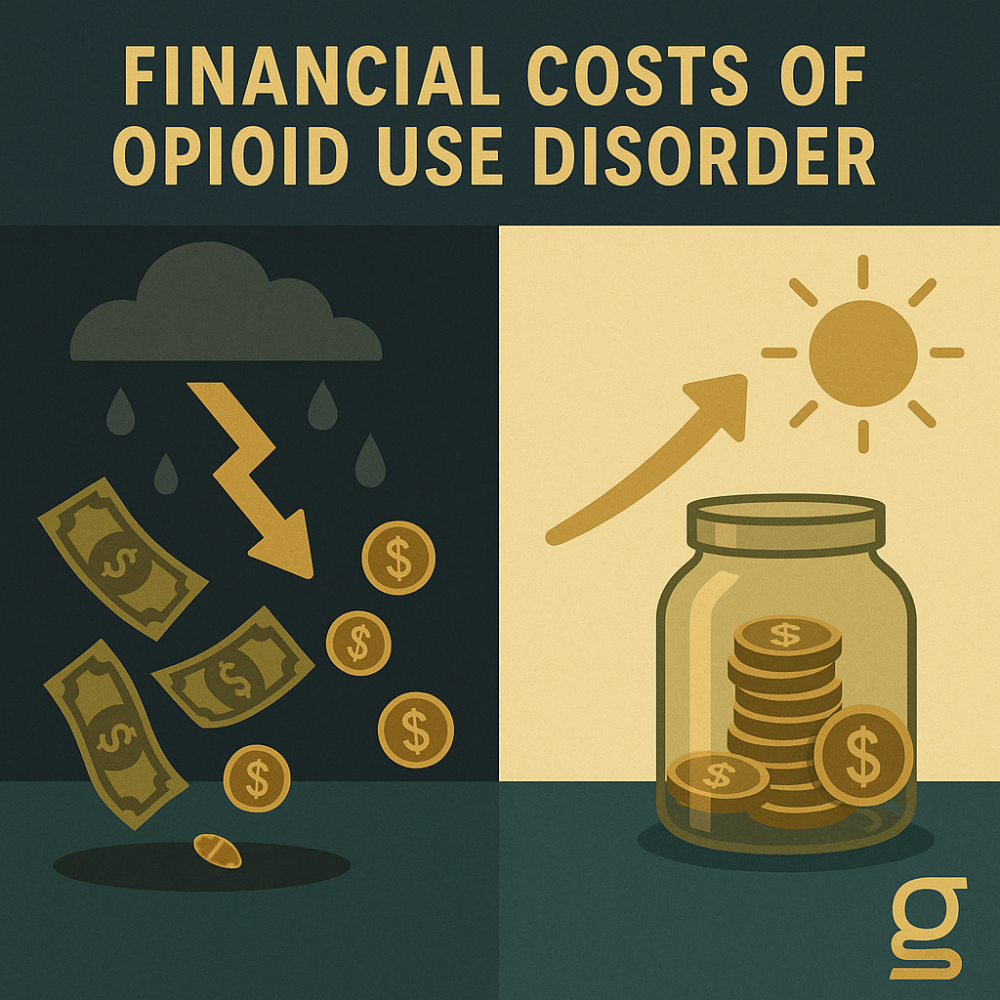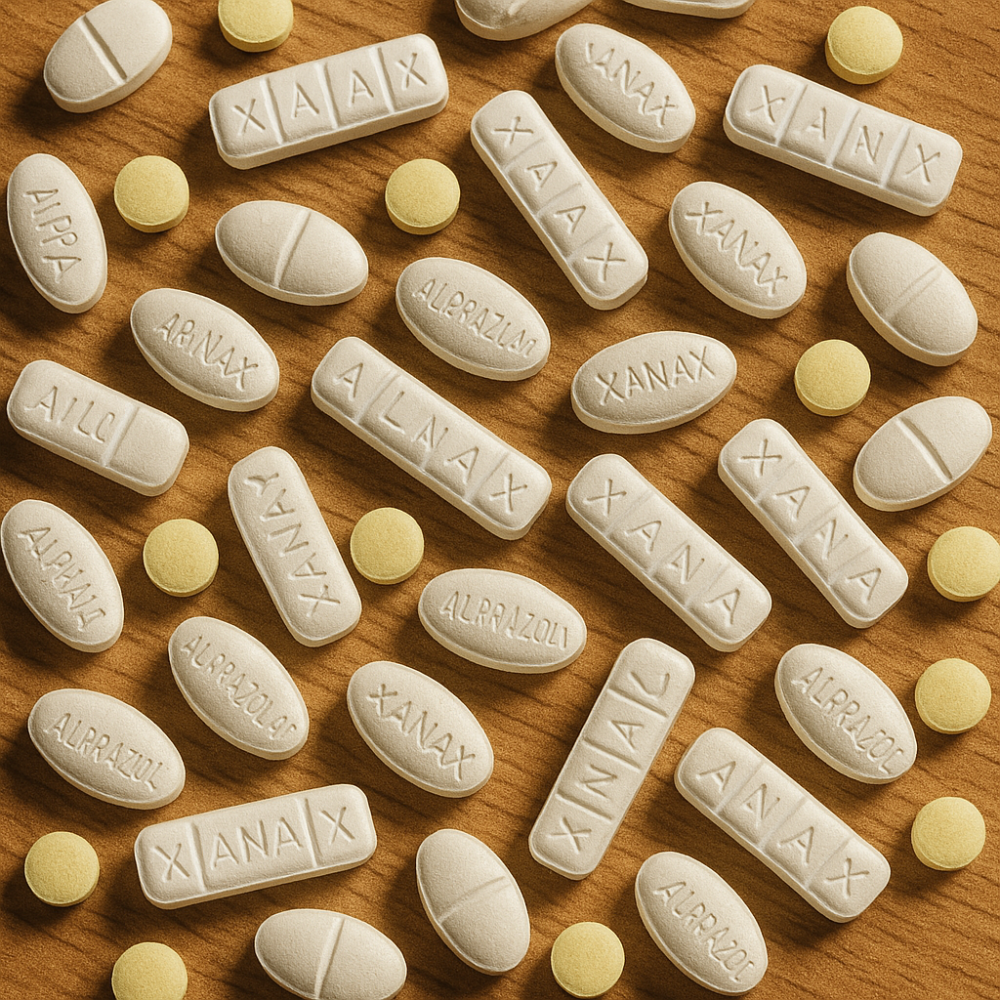Those who use drugs and participate in associated high-risk behaviors are at a higher risk for contracting or transmitting viral infections, such as human immunodeficiency virus (HIV) or acquired immune deficiency syndrome (AIDS). Viruses spread through blood and other bodily fluids and can infect anyone of any gender. However, learning how to reduce the risk of HIV and AIDS with drug use can further educate individuals on safety.
What Are HIV and AIDS?
HIV stands for human immunodeficiency virus. This virus infects the body’s immune cells called CD4 cells (T cells), which are needed to fight infections. HIV lowers the number of T cells in the immune system, making it harder to fight off infections and disease. AIDS, or acquired immune deficiency syndrome, is the final stage of an HIV infection when the body can no longer fend off the disease. However, being infected with HIV does not automatically mean that it will progress into AIDS. A patient is diagnosed with AIDS when identified with one or more infections and a T cell count of less than 200.
According to the Centers for Disease Control and Prevention (CDC), more than 1.1 million people in the United States live with an HIV infection. While there are medicines that help prevent the transmission and spread of HIV and its progression to AIDS, there is no vaccine or cure.
High-Risk Behaviors Worsens HIV
Drug use can worsen the progression of HIV and its symptoms, especially in the brain. Drugs can make it easier for HIV to enter the brain and cause more significant nerve cell injury and problems with thinking, learning, and memory.
Syringe Service Programs
People can reduce the high-risk behavior of getting or passing on viral infections. Individuals should never share drug equipment or needles. If an individual injects drugs, they are at risk of contracting or transmitting HIV along with other infections such as Hepatitis B or C. High-risk behaviors can also include sharing cotton, cookers, and water. Sharing needles increases the risk of HIV because needles contain blood in them, and blood can carry HIV.
Many communities have syringe service programs (SSPs) where individuals can get free sterile needles and syringes and safely dispose of used ones. They can also refer you to substance use disorder (SUD) treatment services and help you get tested for HIV.
Treatment and Testing
Individuals who use drugs should get tested and treated for HIV. Those infected may look and feel fine for years and may not even be aware of the infection. Testing is needed to help prevent the spread of HIV. From there, an individual can get treatment if needed.
Practice Safe Sex
Practicing safe sex can help slow down the spread of HIV and AIDs. Using a condom correctly every time a person has sex can help reduce the chances of transmitting or getting HIV. If two people engage in sexual behaviors and one has HIV, there is a risk of spreading or contracting the infection. The CDC has created an HIV risk calculator to help individuals learn about the dangers of different sexual activities when one partner is HIV positive, and the other is HIV negative.
Pre-Exposure Prophylaxis and Post-Exposure Prophylaxis
Look into pre-exposure prophylaxis (PReP) for HIV. PReP is when people at significant risk of contracting HIV take a daily dose of HIV medications to prevent them from getting the infection. According to the CDC, PReP reduces the risk of getting HIV from sex by about 99% when taken daily. PReP minimizes the risk of HIV by about 74% when taken daily for those who use drugs.
Individuals should also look into post-exposure prophylaxis (PEP) for HIV. PEP is when people take antiretroviral medicines to prevent becoming infected after being potentially exposed to HIV. According to the CDC, PEP should be used within 72 hours after a recent possible exposure and only be used in emergencies.
Seek Treatment for Substance Use Disorder
One step in preventing HIV and AIDS is to get treatment for SUD. Talk with a counselor, doctor, or health care provider about SUD and treatment options. The first step in treating SUD is to stop using substances. It is essential to find a detox center that best fits the individual’s needs to help them detox comfortably and safely and find the necessary aftercare to ensure long-term recovery. Medical detox is essential for successful aftercare and recovery for patients with a substance use disorder.
Individuals who engage in high-risk behaviors are at a risk for contracting or transmitting viral infections, such as human immunodeficiency virus (HIV) or acquired immune deficiency syndrome (AIDS). Actions that lead to HIV transmission can include having sex without a condom, not using a condom the right way, having multiple sexual partners, using other drugs, or sharing needles during intravenous use. One step in preventing HIV and AIDS is to get treatment for substance use disorder (SUD). The first step in treating SUD is to stop using substances. Withdrawal symptoms during the detox process can be uncomfortable, frightening, or even life-threatening.
At Gallus Medical Detox Centers, we use proprietary, evidence-based medical protocols that prioritize our patients’ comfort and safety to guide them through the detox process. We also provide a biopsychosocial evaluation to help clients indicate their next steps in recovery to ensure lasting sobriety.


 Steve B
Steve B 

 Casey Wilson
Casey Wilson